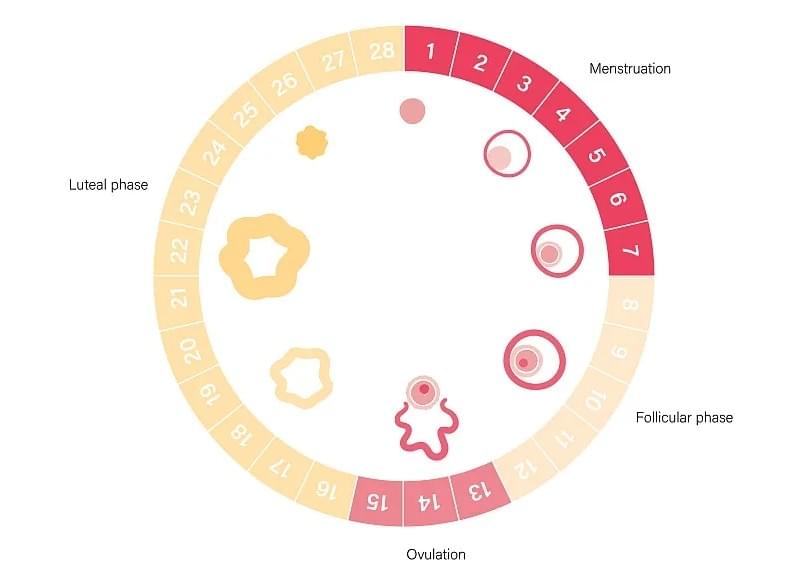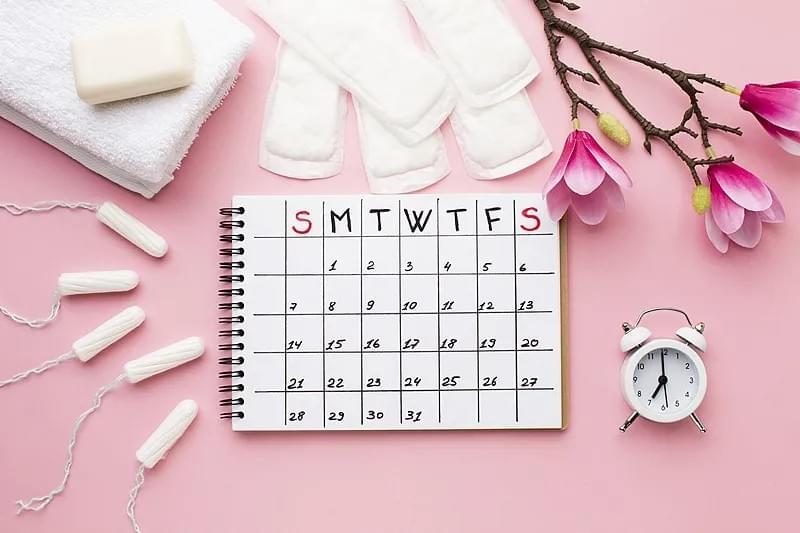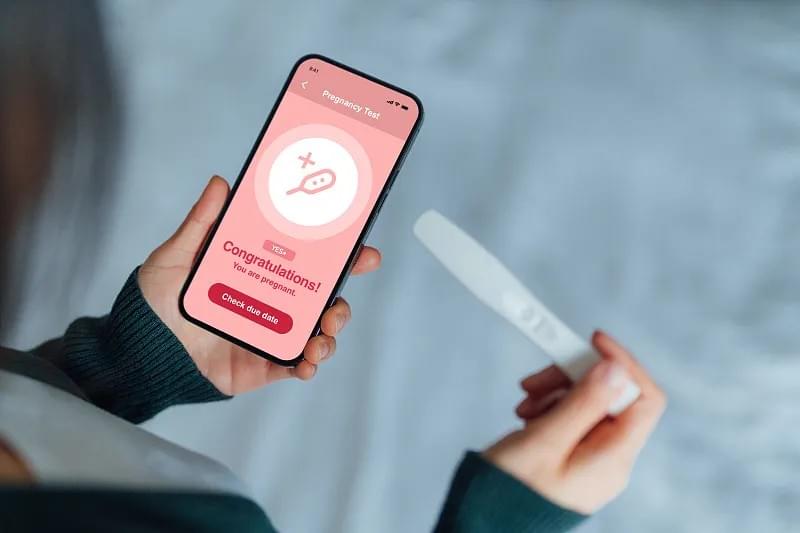One of the most common questions women and people with menstrual cycles ask is: Can you get pregnant on your period? While many believe that menstruation offers a “safe” window for unprotected sex, the reality is more complex. The answer isn’t a simple yes or no—it depends on your unique cycle, ovulation timing, and sperm longevity. In this comprehensive guide, we’ll break down the science behind fertility, explore real-life scenarios, and debunk common myths so you can make informed decisions about your reproductive health.
Understanding the Menstrual Cycle: A Foundation for Fertility
Before diving into whether pregnancy during your period is possible, it’s essential to understand the phases of the menstrual cycle. On average, a cycle lasts 28 days, but this can vary significantly from person to person—anywhere from 21 to 35 days is considered normal.
The cycle consists of four key phases:
- Menstruation (Days 1–5): This is when the uterine lining sheds, resulting in bleeding. It marks the beginning of a new cycle.
- Follicular Phase (Days 1–13): As menstruation ends, the body begins preparing for ovulation. Follicle-stimulating hormone (FSH) prompts the ovaries to mature an egg.
- Ovulation (Day 14, on average): The mature egg is released from the ovary and travels down the fallopian tube. This is the most fertile window.
- Luteal Phase (Days 15–28): The body prepares for potential implantation. If fertilization doesn’t occur, hormone levels drop, and menstruation begins again.
Why this matters: Pregnancy is only possible during a narrow window around ovulation. However, sperm can survive inside the female reproductive tract for up to five days. This means that if you have sex during your period and ovulate shortly after, conception could occur.

Can You Actually Get Pregnant During Your Period?
The short answer: Yes, it is possible—though not common.
Here’s why:
1. Shorter Menstrual Cycles Increase Risk
If you have a shorter cycle (e.g., 21–24 days), ovulation may occur as early as day 7 or 8. Since sperm can live up to five days, having unprotected sex on day 3 or 4 of your period could result in sperm still being present when the egg is released.
For example:
- Cycle Day 1: Period begins
- Cycle Day 3: Unprotected sex
- Sperm survive until Day 8
- Ovulation occurs on Day 9 → Fertilization possible
This scenario is more likely in individuals with irregular or shorter cycles.
2. Misidentifying Bleeding as a Period
Not all vaginal bleeding is true menstruation. Some women experience implantation bleeding or breakthrough bleeding mid-cycle, which can be mistaken for a period. If you’re bleeding due to hormonal fluctuations but are actually in your fertile window, the risk of pregnancy is much higher.
Additionally, spotting at the beginning of a period may be confused with full menstruation, leading someone to believe they are “safe” when they are not.
3. Long Periods and Early Ovulation
If your period lasts 7 days or more and you ovulate early, the tail end of your period could overlap with the beginning of your fertile window. For instance, if you bleed for 7 days and ovulate on day 10, having sex on day 6 or 7 puts you within the conception window when combined with sperm survival.
Real-Life Scenarios: When Period Pregnancy Becomes More Likely
Let’s explore three realistic situations where pregnancy during menstruation is plausible:
Scenario 1: The 24-Day Cycle
Sarah has a consistently short cycle of 24 days. Her period lasts 5 days. She has unprotected sex on day 4 of her cycle. Sperm survive for 4 days. She ovulates on day 10. The sperm are still viable and fertilize the egg.
Outcome: Pregnancy occurs.
Scenario 2: Irregular Cycles and Unpredictable Ovulation
Maria’s cycles vary between 26 and 32 days. She assumes her “safe days” are predictable. She has sex on day 3 of her period, thinking she’s infertile. But this month, she ovulates unusually early on day 12 due to stress and lifestyle changes.
Outcome: Sperm from day 3 survive long enough to meet the egg.
Scenario 3: Mistaking Breakthrough Bleeding for a Period
Lisa experiences light spotting mid-cycle, which she assumes is an early period. She has unprotected sex during this time. In reality, the spotting is due to ovulation-related hormonal shifts, and she is at peak fertility.
Outcome: High chance of conception.

Debunking Common Myths About Period Sex and Pregnancy
Despite growing awareness, several myths persist. Let’s set the record straight.
Myth 1: “You Can’t Get Pregnant During Your Period”
As we’ve shown, this is not universally true. While the probability is lower during menstruation compared to ovulation, it’s not zero—especially with shorter cycles or early ovulation.
Myth 2: “Period Sex Is a Natural Form of Birth Control”
This is dangerous misinformation. Relying on your period as contraception is unreliable and can lead to unintended pregnancies. The fertility awareness method requires careful tracking of multiple signs (basal body temperature, cervical mucus, cycle length) over months—not just assuming safety during bleeding.
Myth 3: “Sperm Can’t Survive During Menstrual Flow”
Menstrual blood does not “flush out” sperm. While the flow may reduce sperm motility slightly, millions of sperm can still travel into the cervix and uterus, where they can survive for days.
Myth 4: “All Bleeding Is the Same”
Not all bleeding is a true period. Hormonal imbalances, birth control use, infections, or even early pregnancy can cause bleeding that mimics menstruation. Assuming all bleeding means you’re infertile is a risky assumption.
Factors That Influence Fertility During Your Period
Several biological and lifestyle factors can increase the likelihood of conception during menstruation:
- Cycle Length: Shorter cycles (<25 days) increase the chance of early ovulation.
- Cycle Regularity: Irregular cycles make it harder to predict ovulation, increasing uncertainty.
- Sperm Longevity: Healthy sperm can survive 3–5 days in fertile cervical mucus.
- Age: Younger individuals often have more regular cycles, but hormonal fluctuations can still cause early ovulation.
- Stress and Lifestyle: Travel, illness, or major life changes can shift ovulation timing.
Additionally, certain medical conditions—such as polycystic ovary syndrome (PCOS) or thyroid disorders—can cause irregular ovulation, further complicating predictions.
How to Track Your Fertility Accurately
If you’re trying to avoid or achieve pregnancy, relying on assumptions about your period is not enough. Here are evidence-based methods to track your fertility:
1. Basal Body Temperature (BBT) Charting
Your BBT rises slightly (about 0.5°F) after ovulation. By tracking your temperature every morning before getting out of bed, you can identify patterns over time.
2. Cervical Mucus Monitoring
As you approach ovulation, cervical mucus becomes clear, stretchy, and slippery—similar to raw egg white. This indicates a fertile environment.
3. Ovulation Predictor Kits (OPKs)
These urine tests detect a surge in luteinizing hormone (LH), which occurs 24–36 hours before ovulation.
4. Fertility Tracking Apps
While convenient, apps that rely solely on calendar input are less accurate than those that incorporate BBT, mucus, and LH data.

Can You Get Pregnant Right After Your Period Ends?
Yes—and this is actually a more common time for conception. As your period ends, you’re approaching the fertile window. For someone with a 28-day cycle, ovulation typically occurs around day 14. If your period ends on day 6, days 7–11 are prime conception days due to sperm longevity.
So, while the risk during active bleeding is lower, the days immediately following your period are often the start of your fertile window.
What If You’re Trying to Conceive?
If you’re actively trying to get pregnant, having sex during your period is unlikely to result in conception—but it’s not something to avoid. In fact, regular intercourse throughout the cycle (every 2–3 days) maximizes your chances over time.
For optimal results:
- Begin having sex every other day starting five days before expected ovulation.
- Continue through the day of ovulation.
- Use OPKs or fertility monitors to pinpoint your window.
Final Thoughts: Safety, Awareness, and Empowerment
So, can you get pregnant on your period? Yes, it’s biologically possible, though the odds are generally low for those with longer, regular cycles. However, for individuals with shorter or irregular cycles, the risk increases significantly.
The key takeaway is this: No time during your cycle should be considered 100% “safe” without contraception—unless you’re using a reliable method. If you’re not trying to conceive, always use protection, even during your period.
Understanding your body, tracking your cycle, and consulting with a healthcare provider are the best ways to take control of your reproductive health.

